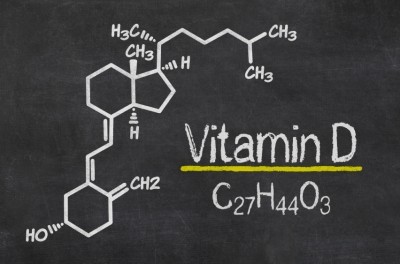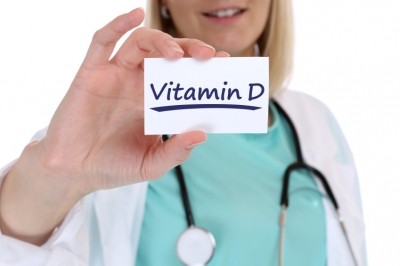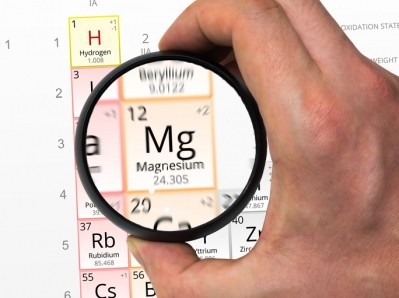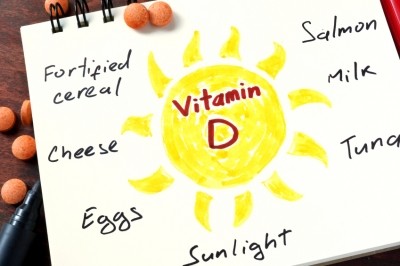Could low vitamin D put postmenopausal women at higher risk of metabolic syndrome?

According to the findings, published in Maturitas, metabolic syndrome (MetS) was detected in 58% of postmenopausal women with either insufficient or deficient levels of vitamin D. This compared with a 40% occurrence in those with adequate vitamin D, said the team from São Paulo State University's Botucatu Medical School (FMB-UNESP).
Metabolic syndrome involves a cluster of conditions that increase risk of diabetes, heart disease and stroke. In this study, diagnosis of MetS was confirmed if participants met three or more of the following criteria: waist circumference above 88 cm; high blood pressure (above 130/85 mmHg); high blood sugar (fasting glucose above 100 milligrams/ decilitre (mg/dL); abnormal levels of triglycerides (above 150 mg/dL); and high-density lipoprotein cholesterol (HDL below 50 mg/dL (1.29 millimoles/litre (mmol/L)).
"We measured the participants' blood vitamin D levels and also analysed parameters indicating MetS. We found that the lower the level of blood vitamin D, the greater the occurrence of MetS," said senior researcher Professor Eliana Aguiar Petri Nahas.
“These results suggest that the maintenance of adequate serum levels of vitamin D in postmenopausal women may reduce the risk of developing MetS, a condition that is known to be related to cardiovascular events and mortality in this group,” she added.
The researchers also found inverse associations between vitamin D levels and two individual components of MetS: blood triglycerides and HDL levels. Additionally, they identified a linear inverse relationship between blood concentration of vitamin D and the number of MetS components present in study subjects.
Poor status despite sunshine
Vitamin D deficiency is widely defined as a blood level of lower than 20 nanogrammes/ millilitre (ng/ml) (50 nanomoles/ litre (nmol/L)), while insufficiency is classed as 20-29 ng/ml (50-75 nmol/L).
Out of the 463 study participants, 35% were vitamin D deficient and 33% had insufficient levels of the vitamin. Although vitamin D deficiency is widely acknowledged as being prevalent in countries with long winters/ extreme latitudes, these results show that in certain population groups, poor vitamin D status can also occur in areas of adequate year-round sunshine.
This study population involved women aged between 45 and 75 who had ceased menstruating at least 12 months prior to study commencement. All were free of cardiovascular disease at baseline.
The prevalence of poor vitamin D status among this group might be attributed to their age, suggested Nahas.
"Exposure to the sun activates a sort of pre-vitamin D in the adipose tissue under the skin," she explained. "Ageing leads not just to loss of muscle mass but also to changes in body composition, and this pre-vitamin D is lost. That's why older people produce less vitamin D even if they get plenty of sunlight."
Possible mechanism
Previous research has identified a number of mechanisms that might explain how low vitamin D status might affect individual elements of MetS.
“The most plausible explanation is that vitamin D influences insulin secretion and sensitivity, which play a major role in MetS,” hypothesised the researchers.
“The vitamin D receptor (VDR) is expressed in insulin-secreting pancreatic beta cells and in peripheral target tissues such as skeletal muscle and adipose tissue. Vitamin D deficiency can compromise the capacity of beta cells to convert proinsulin to insulin,” they added.
Source: Maturitas
Volume 107 (2018), pages 97–102, doi: 10.1016/j.maturitas.2017.10.011
“Vitamin D deficiency is associated with metabolic syndrome in postmenopausal women”
Authors: Eneida Boteon Schmitt, Eliana Aguiar Petri Nahas, et al















